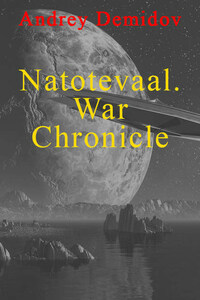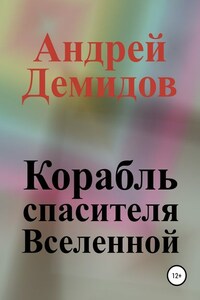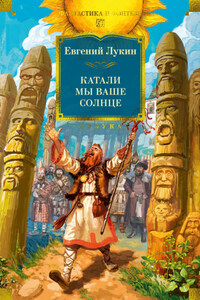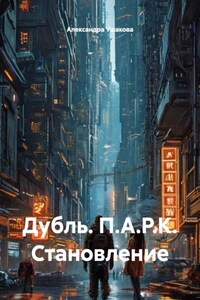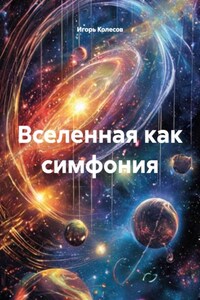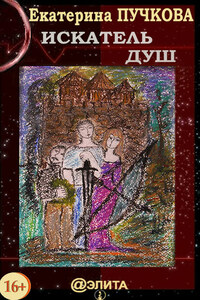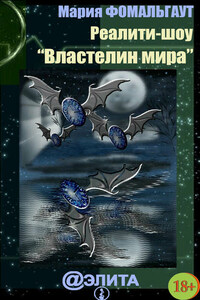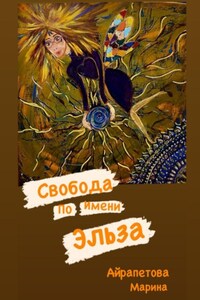Natotevaal. War Chronicle читать онлайн
This novel, written over ten years ago, not only did not lose its sharpness and relevance, but, on the contrary, is intended to be a significant milestone for all intelligent readers. For all those who are still interested in secrets of space and the dual and contradictory role of scientific progress in modern society, and feelings of the characters who undergo the hardest tests of courage, devotion to duty and humanity. Moreover, the novel "Chronicle of Natotevaal" has the potential to become a cult product for fans of science fiction – it is imbued with romance of heroism, great sense of humor and it is literally impossible to break away from reading it. But, nevertheless, the novel is anything but entertaining light reading: the author raises complex issues of science, politics, philosophy and moral before his heroes and the readers. In the tradition of the best works of fiction of the 20th century, Andrey Demidov reveals the unknown in his novel, something that might either happen tomorrow or will never happen at all. The author clearly highlights the difficulty of the way to complex, unknown future – it is a long and difficult path, with mistakes and defeats on the way; and the victory will not be easy, but endured, with a promise of new ways and new challenges. To many of the questions posed by Andrey Demidov in the novel "Chronicle of Natotevaal" humanity does not yet have sufficiently complete and convincing answers. Humanity will search for these answers as long as it exists; it is obliged to, if we want to go forward, not blindly. Searching through fiction in particular, and the book you now hold in your hands will become a reliable, but demanding assistant, and possibly – your spiritual guide to a modern, distorted world. Because “imagination – is just a part, although a significant one of what usually denotes reality. Ultimately, it is unknown to which of the two genres – reality or fiction our world belongs”.
